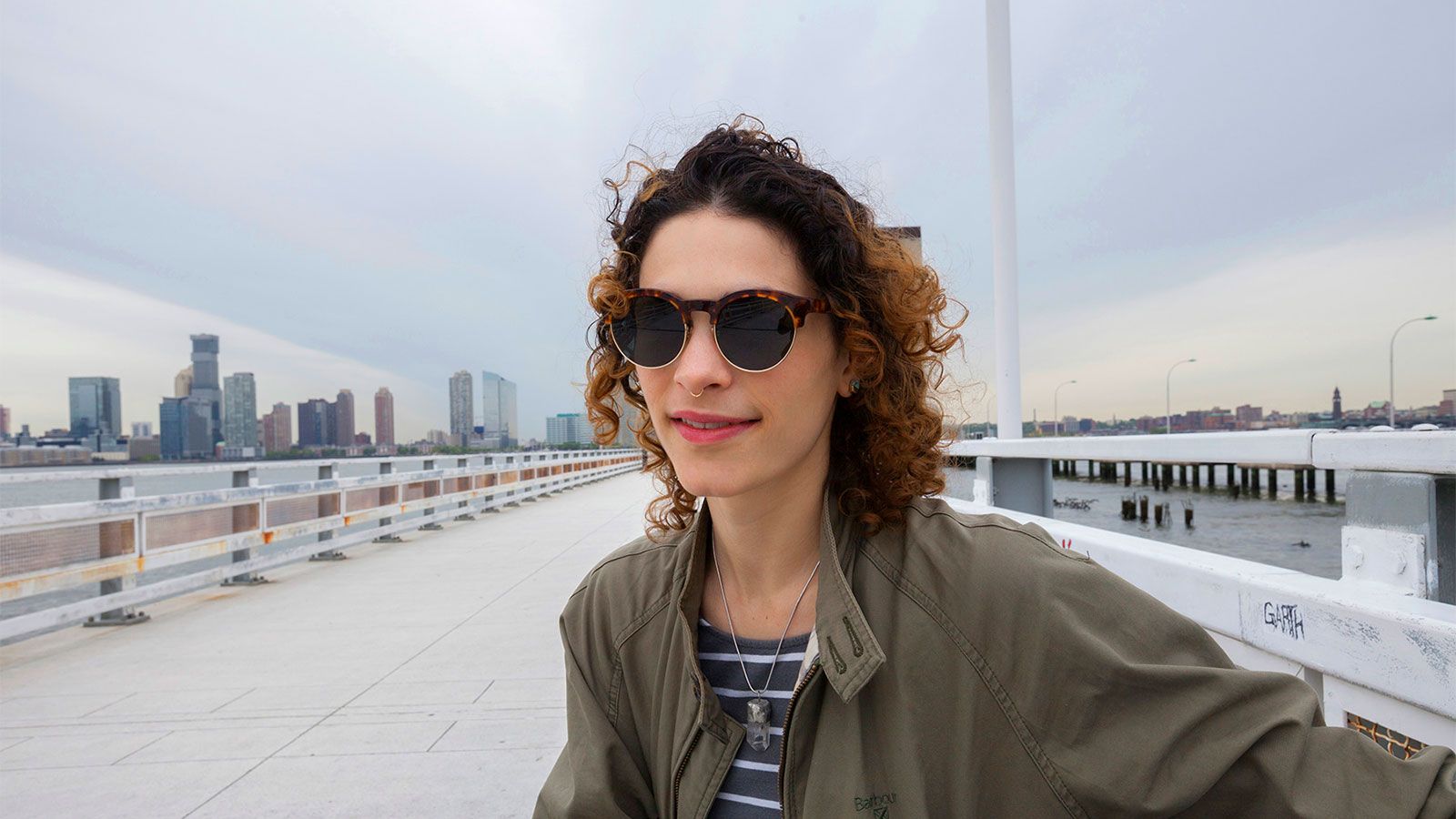My Story
My dad had surgery yesterday, and it made me think about when I was a kid and I felt I would be a good doctor because I was really good at science. But I actually wouldn't be, because I wouldn't want to have somebody's life in my hands. That's something that I learned about myself really quickly, and why I didn't go to school for biology or science. I'm interested in studying things that I think can eventually help people in a much larger way. A lot of times people ask, "Why work in the field of art?'
I think for me, art is much more about allowing people to re-experience paths. I've known a lot of people who've passed away suddenly throughout my life. When I was 13, someone I was really close with OD'd. Then when I was completing my undergraduate, I was dating my best friend from high school, and we broke up and he took his life. I've experienced a lot of those kind of sudden tragedies. My thesis is not about undertaking why he would do that, but it's about understanding how culture has dealt with the suddenness of death. The medieval period is a really fascinating period to think about death, because it was all around you. It was much more embedded in your life in a way that it's not today. We have developed really socially effective ways of dealing with death that remove you from it immediately. You have three days off of work or five days off of work, and that’s maybe if it's a close family member. Grieving is not a socially accepted part of culture. I became really interested in memorials and tragedy, and that’s how I discovered votive objects, which is the thrust of my thesis. Votives can have a dual purpose, because you can give votives to the personality of the deceased person in a very secular way, in a way that's today very divorced from religion. But people still give votives in the religious context of being saved. So there's sort of a duality to them in which -- on the one hand -- you give them as a way to relieve yourself and to affirm that this person somehow still exists, or comfort the fact that they died, but you can also give them as a dedication in thanks for being saved from something. In the beginning of Christianity, magi were just being used as a justification for Christ’s arrival, but later on, they're used to promote bringing gifts to the church. And you see that when pilgrimage really started picking up in the 1200s, we start to see Adoration of the Magi imagery on the outsides of the churches and on the inside there's a cult statue of the Virgin and Child, because the Mary cult was also developing and becoming more popular. Because of this, and I will eventually finish writing this book one day, the development of votive culture and the way that it developed, is what enabled portraiture to happen – it’s what enabled high art to happen. Portraiture comes out of donor images. In the Renaissance, say you’re Cosmo de' Medici and you commission a painting of yourself kneeling. Medici would be at the bottom, but there would be a religious scene at the top. But eventually, people started commissioning paintings only of themselves. That wasn't happening in the medieval period at all, because there was a rejection of naturalistic portraiture. I really think that a lot of what has happened in art has been enabled by a rejection of votive culture, yet it still exists and continues to persist. I think there's a really inherent desire to dedicate objects artistically to discharge pain that you've experienced from tragedy. The tragedy is really what you should hold on to.

